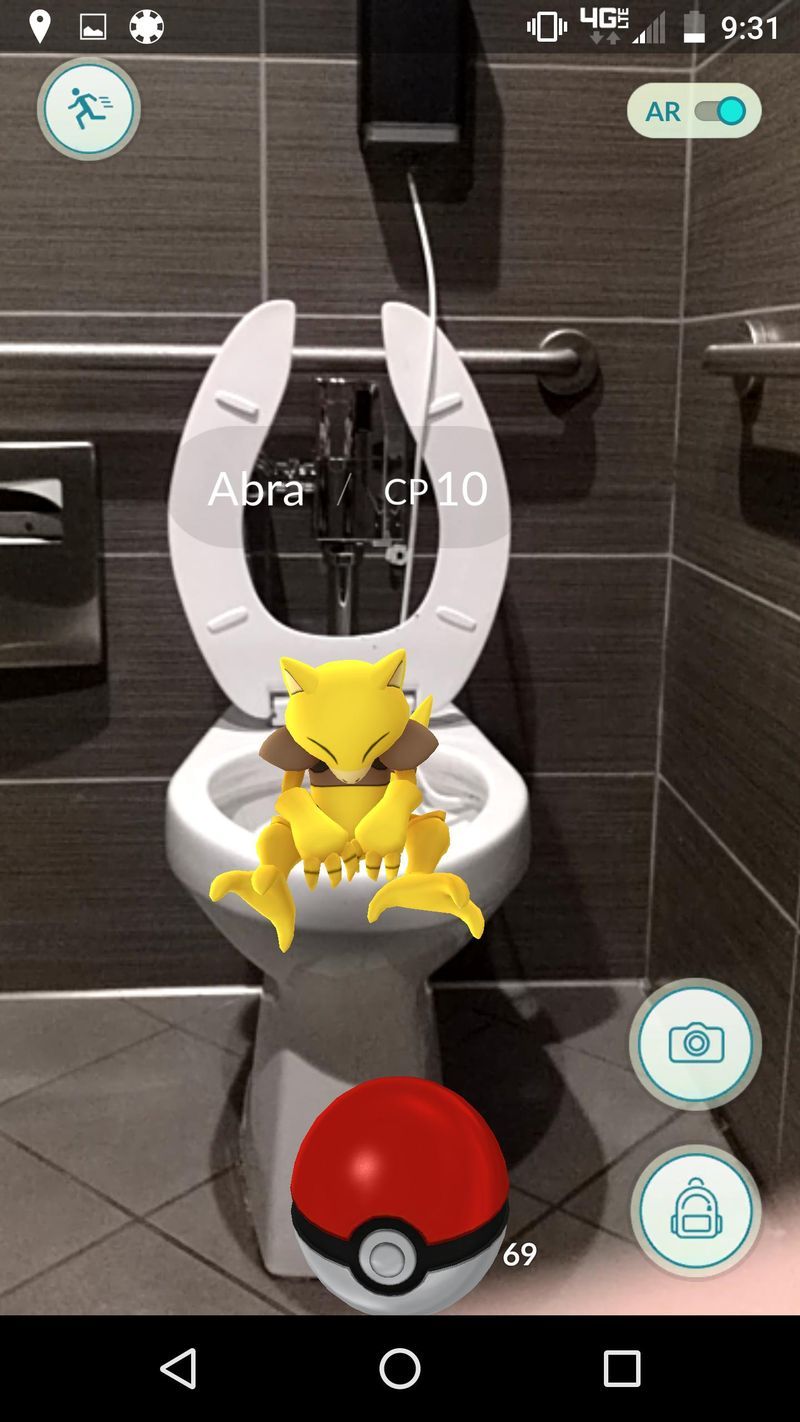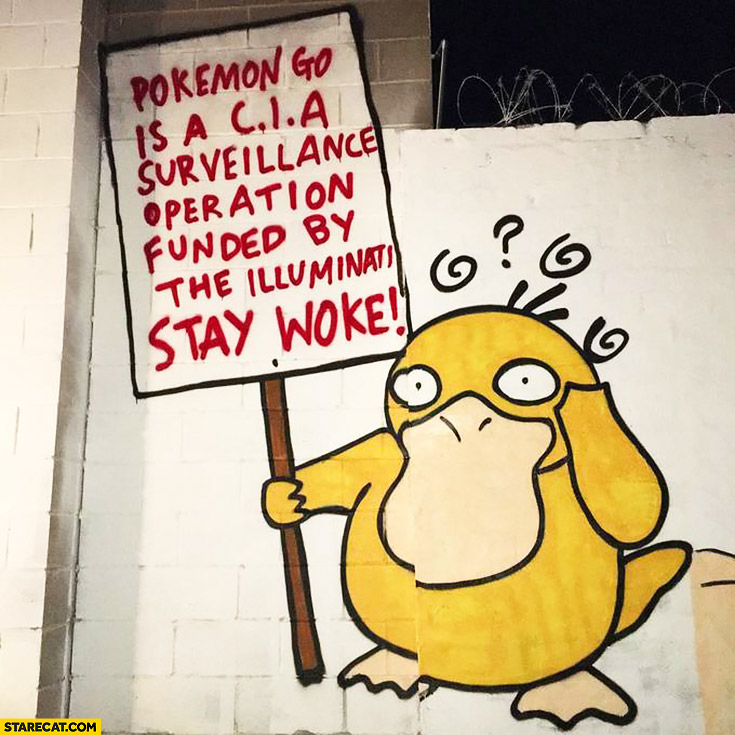TAG’s third Shinposium invites you to come discuss Pokémon GO: from where it came, its politics, and where the futures of similar locative and AR games are heading.
On Friday, March 31, 2017, from 10:30am – 12:00pm, this Shinposium will build upon the critical lenses and interests of the first two Shinposiums on the genealogy of VR and locative media platforms, once again asking TAGsters to engage in playful and critical questions with regards to an app that has had a major impact on how everyday users, gamers, and scholars think of the creative, community-based, and research possibilities of digital tools and platforms.
Hosted by Concordia Postdoctoral Fellow Dr. Lai-Tze Fan and Professor of English Dr. Jill Didur, and joined by our special guest Professor Adriana de Souza e Silva (North Carolina State University), we will discuss how the release of Pokémon GO represents a major turning point in the popular understanding of and engagement with locative and AR games.

The cultural phenomenon of the AR mobile game Pokémon GO in the Summer of 2016 came as a surprise to gamers, scholars, and everyday people. Prior to its incredible success and impact, locative media games and AR games had not yet pervaded the general public, sharing with early experiments in VR and hypertext similar issues of limited audiences, limited technological freedoms, and limited financial backing that saw each of these early histories fade off until recent surges in interest and participation.

Perhaps the difference with Pokémon GO is due to its cultural memory and established fanbase. The game comes out of the popular 1990s franchise of anime cartoons, playing cards, and video games targeted at children; it imagines a world in which humans can catch wild, magical creatures that dwell in everyday spaces. At the same time, the ubiquity of mobile devices as part of our digital lives allows for the adaptability of the Pokémon franchise through familiar map interfaces and quotidian spaces (you can, for example, find a Drowzee in your bed and an Abra sitting on your toilet).
Less than a year after the launch of Pokémon GO, and as developer Niantic released the next generation of the game in February 2017, where do we stand in terms of the appeal and fan culture of Pokémon GO, and in terms of its politics? Also, how do we negotiate the ties between these areas that may seem separate to everyday gamers but that are, in the ways that scholars and researchers know, absolutely intertwined through gaming and popular industries, communities, and infrastructures?

Early critical engagements with the game gathered scholars’ reflections in a special issue of Mobile Media and Communication in January 2017, edited by mobile media expert Larissa Hjorth. In this issue, Professor de Souza addresses the factors of mobility, sociability, and surveillance as they pertain to Pokémon GO. We encourage interested participants to read this four-page purposeful reflection prior to the Shinposium.
Possible topics of discussion include:
– heightened interactivity with our everyday devices
– narrative storytelling
– nostalgia and the gaming market(ing)
– locative media, privacy, and surveillance
– location accessibility and privilege
– in light of Pokémon GO potentially being a Summer 2016 fad, what is next for locative media games and AR games?
*** If you are interested in attending, please e-mail Lai-Tze Fan to confirm your attendance: laitze [dot] fan [at] concordia [dot] ca ***
